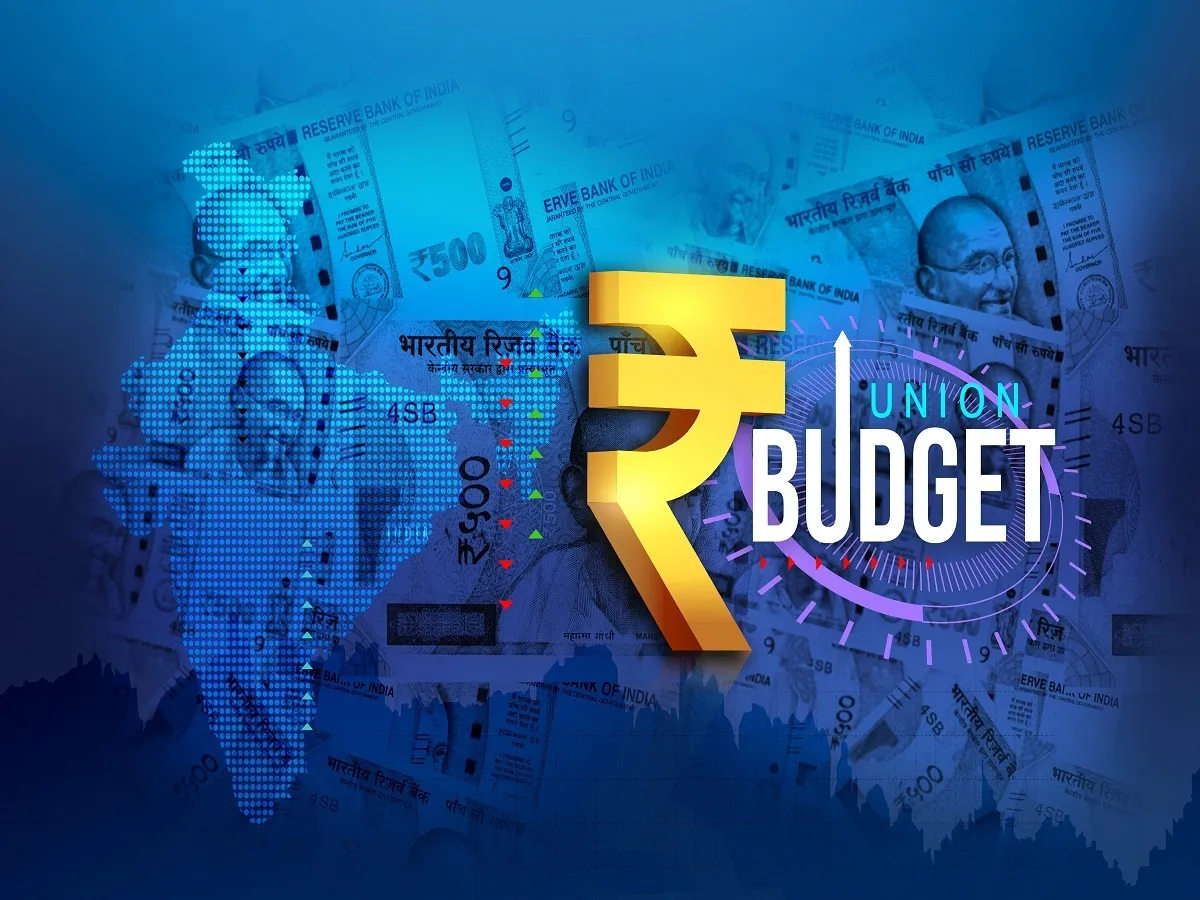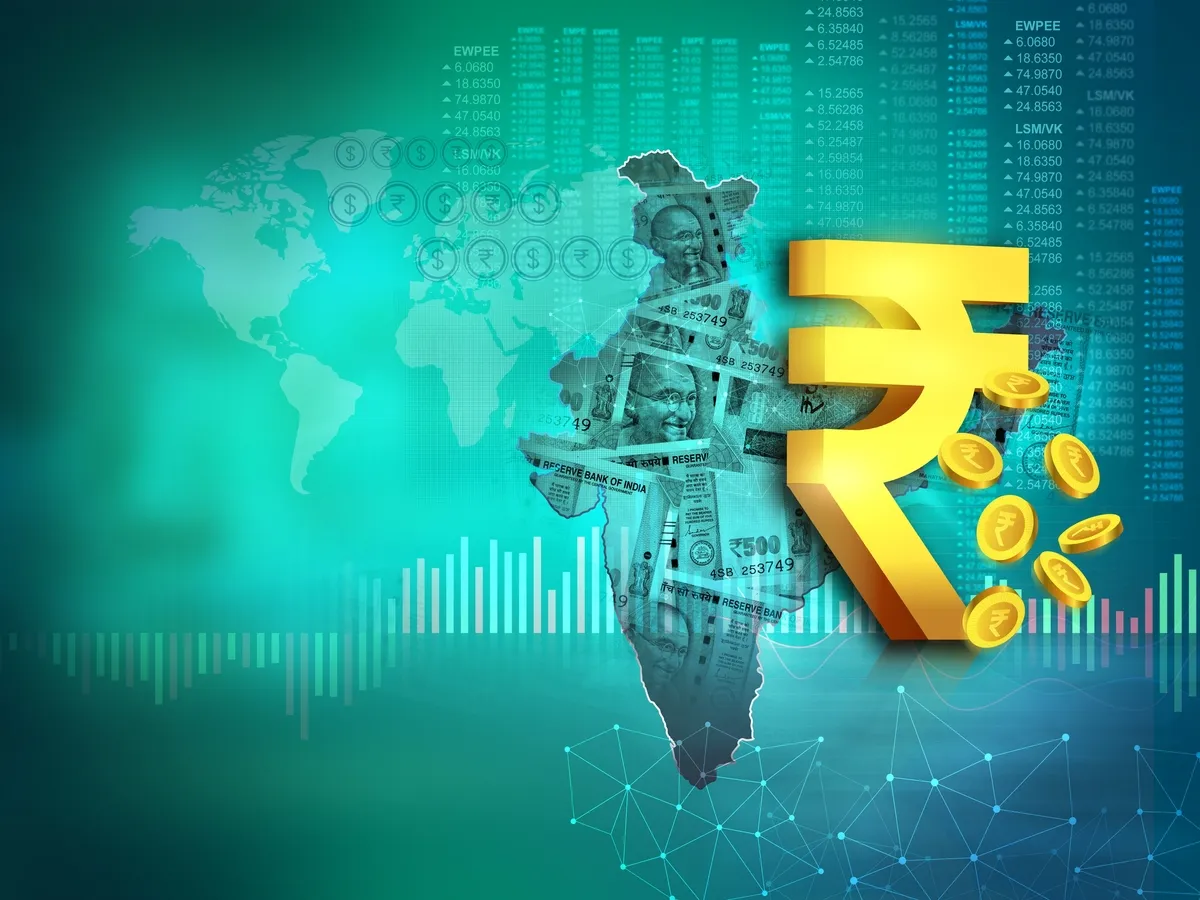Business News
Budget 2024: Here’s what India Inc expects from Finance Minister Nirmala Sitharaman
.png)
4 min read | Updated on July 12, 2024, 00:34 IST
SUMMARY
Industry players across sectors are hopeful of major changes in the Goods and Services Tax (GST) structure and improved tax incentives, along with an emphasis on increasing the ease of doing business in India. Manufacturing companies are rooting for reinforced support for the Production-Linked Incentive (PLI) scheme and a boost for the Make in India programme.

FM Sitharaman is expected to consider the possibility of rationalisation of GST rates into three slabs from the current four slabs
The corporate sector is expecting several measures from the Modi 3.0 government to boost manufacturing like Goods and Services Tax (GST) rationalisation and tax relief for stimulating consumption among others, as Finance Minister Nirmala Sitharaman is going to present the Union Budget 2024.
FM Sitharaman will present the Full Budget for the financial year 2024-25 on July 23.
Industry players across sectors are hopeful of major changes in the Goods and Services Tax (GST) structure and improved tax incentives, along with an emphasis on increasing the ease of doing business in India.
Industry experts say that there is a need for a growth-oriented tax environment to catalyse India’s economic progress. The first step in that direction can be rationalisation of the GST regime and addressing the issues around input tax credit.
Here’s a look at India Inc’s Budget wish list:
GST revamp
FM Sitharaman is expected to consider the possibility of rationalisation of GST rates into three slabs from the current four slabs as too many tax rates are leading to compliance-related issues.
Converting GST into a three-slab structure is expected to not only make it easier to do business but also reduce litigations arising from classification disputes.
The corporate entities across industries also want the government to address the inverted duty structure in various sectors that is distorting trade and impacting manufacturing competitiveness. An inverted duty structure is a situation where inputs and raw materials attract higher taxes than the finished products. This creates the need for manufacturers to claim credit for taxes paid on inputs, thereby causing a cash flow burden on businesses.
Boost for the manufacturing sector
Indian Industries are also seeking the introduction of tax holidays and enhanced input credits for new units in order to speed up growth in the manufacturing sector, which can also result in job creation.
Manufacturing companies are also rooting for reinforced support to the Production-Linked Incentive (PLI) scheme and a boost for Make in India programme. These schemes can create provisions for tax breaks for raw materials, components, and machinery upgrades to fortify domestic manufacturing and increase the competitiveness of Indian firms at a global level.
Focus on MSMEs
The Modi 3.0 government is expected to keep focus on medium, small, and micro enterprises (MSMEs) as they form the backbone of the economy. In the Interim Budget back in February, the government allocated ₹22,137.95 crores for MSMEs.
Improved access to capital, affordable interest rates, systemic digitisation, AI-driven technologies, providing subsidies, and other incentives can propel the growth of small companies and yield manifold returns. The companies in the MSME sector are hopeful of friendly measures, as the government is expected to take forward the initiatives announced in the Interim Budget like new clusters and technology centres.
Start-ups
India Inc also wants the government to continue building a flourishing start-up ecosystem in India. Corporations are anticipating significant initiatives towards better tax structures, easy and simplified access to capital, decrement of interest rates on business loans, and incentives for technology as well as process innovation.
The government is also expected to increase investment in skill development programmes, especially in sectors facing a talent shortage. Sitharaman is expected to prioritise skill development and expand apprenticeship programmes crucial for building a highly skilled workforce capable of advanced manufacturing and tech adoptions.
Boosting consumption
Initiatives to boost consumption could propel growth for industry players, especially in the manufacturing and retail sectors. Amid high inflation, industry insiders expect the government to take steps to increase consumption that would catalyse production. Industry experts say that a cut in personal income tax rate or increase in the tax-free income threshold to ₹5 lakh can enhance disposable income, stimulate consumer spending, and drive growth across industries.
Related News
By signing up you agree to Upstox’s Terms & Conditions
About The Author
Next Story



